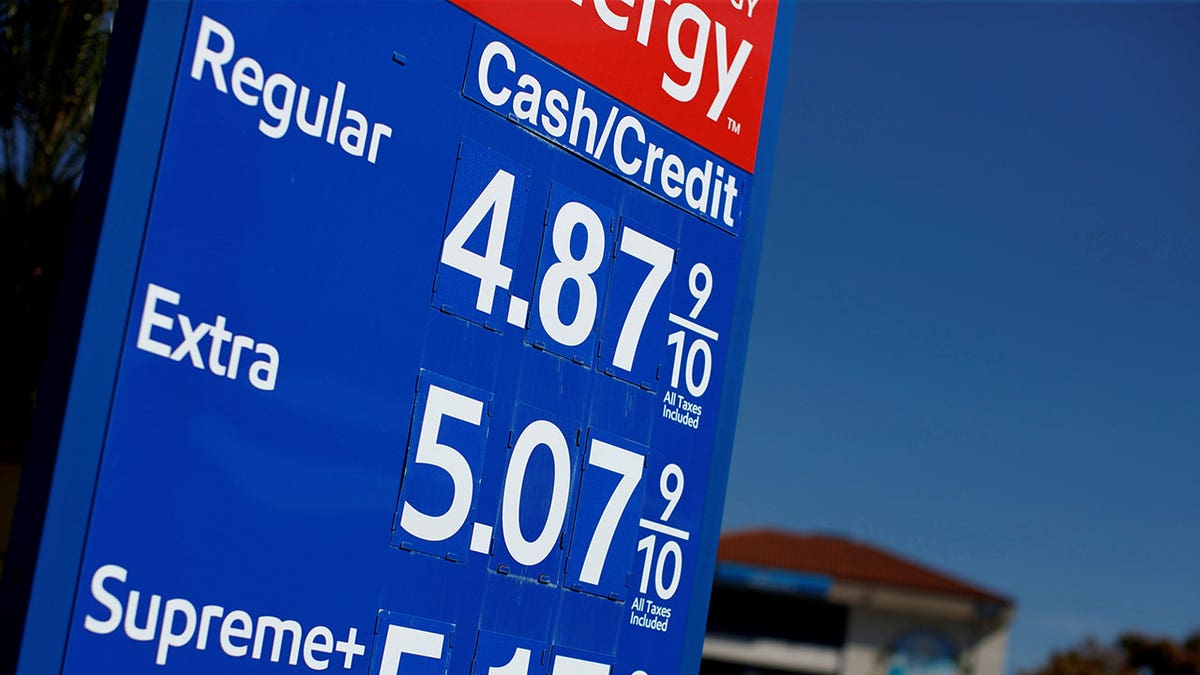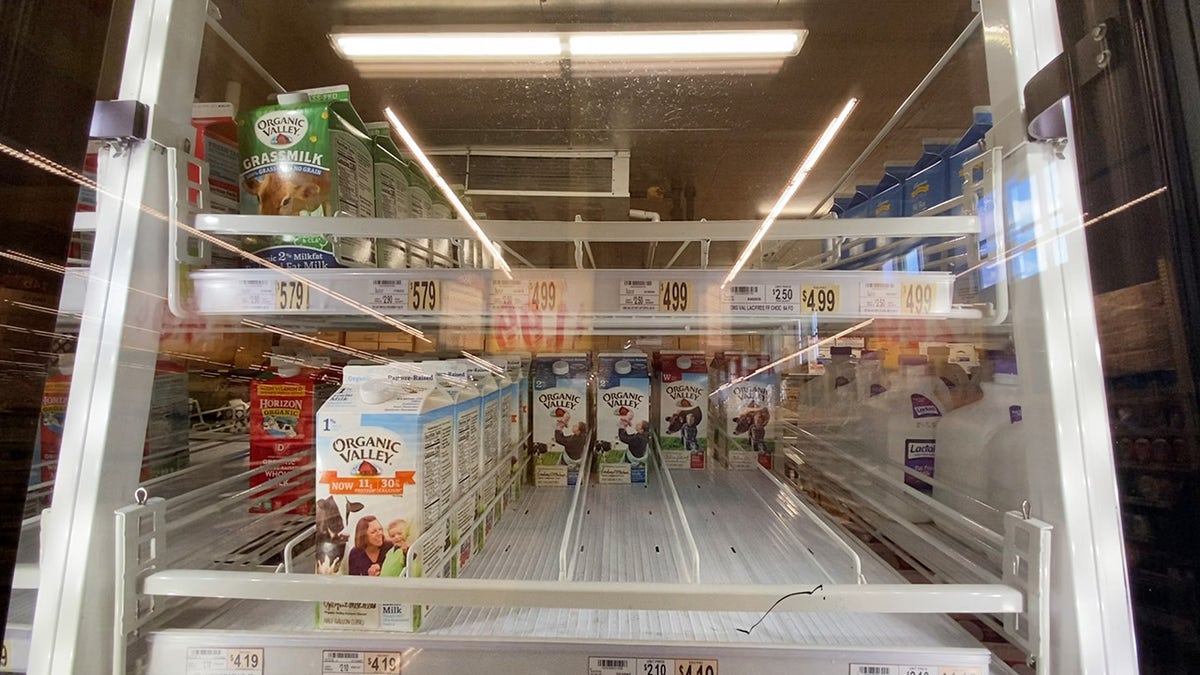Media top headlines December 13
In media news today, NBC's Chuck Todd says some factors for Biden's low polling are 'not his fault,' Janice Dean speaks out amid reports Team Cuomo secretly plotted to discredit her, and Chris Wallace announces his departure from Fox News.
New York Times columnist Paul Krugman is the latest pundit to downplay sky-high consumer prices at the store and at the pump, questioning who is most affected by the price surge.
Far-left media pundits are repeatedly under fire for undermining inflation and questioning its effects on low-income American families, even as it reaches a nearly four-decade high as the holiday season looms.
"Aside from priorities, is this even true?" Krugman questioned via Twitter. "Is there any good reason to believe that inflation hits low-income households especially hard?"
LIBERAL MEDIA ROUTINELY DOWNPLAY INFLATION OR TURN IT INTO A POSITIVE: ‘SLASH YOUR SHOPPING BURDEN’
The tweet prompted a flood of reaction, with many outraged, criticizing him for even asking the question as Americans across the nation struggle to afford basic necessities this holiday season.

FILE PHOTO: Gas prices grow along with inflation as this sign at a gas station shows in San Diego, California, U.S. November, 9, 2021. (REUTERS/Mike Blake/File Photo)
Senior policy analyst at The Jewish Institute for National Security of America (JINSA), Erielle Davidson, mocked Krugman for his tweet, given his area of expertise is economics.
"Low-income homes spend cash quicker and have less cash to burn through, while higher-income households spend but still have room to save. You know, economics, the discipline you allegedly practice," Davidson stated.
"It’s why targeted stimulus plans always go for low-income/middle class. High-income families just throw the money in savings, and the cash never gets cycled through the economy," she continued.
American war veteran and talk-show radio host Bryan Suits also mocked Krugman, knocking him by writing a headline over his remarks.
"'If gas is so expensive, just take a towncar' says Manhattan economist," Suits wrote.
TIME SARCASTICALLY CHEERED FOR ‘TOP NOTCH MESSAGING AFTER BLAMING CONSUMERS FOR SUPPLY CHAIN CRISIS

Shoppers in a Washington, D.C., suburb reacted to surging grocery prices amid supply-chain bottlenecks and rising inflation. (Fox News)
Sridhar Vembu, CEO of Zoho Corporation, ripped Krugman, calling him the "poster child" for academic economics gone wrong.
"Krugman is contesting the idea that inflation hits low-income households hard. Low income households CONSUME a far greater proportion of their income than high income households," Vembu wrote on Twitter. "When CONSUMER prices go up, all consumers feel poorer but low income households feel the worst."
He continued, "Anyone with a grasp of reality knows this. Every politician of every party knows how rising consumer prices lose them elections. Yet we have a genius Nobel economist questioning this basic premise. Krugman is my poster child for academic economics having gone horribly wrong."
"The rot runs far deeper in academia. Fields as diverse as Electrical Engineering and Psychology have become increasingly detached from reality. We must not accord the academic priesthood the automatic presumption of expertise but evaluate their claims carefully," he concluded.
Several other social media users marveled at how Krugman had a Nobel prize in economics.
Just last week, the Labor Department released data indicating consumer prices spiked 6.8% in November, reach a 39-year-high.
Gas prices are nearly 60% higher than one year ago, while food prices are up over 6% and used car prices have surged 31%.
Krugman's remarks are the latest in the left-wing media's efforts to downplay of inflation, and they come just shortly after Bloomberg was mocked for similar reasons.

Turkeys are displayed for sale at a Jewel-Osco grocery store ahead of Thanksgiving, in Chicago, Illinois, U.S. November 18, 2021. (REUTERS/Christopher Walljasper)
Bloomberg reporters Patrick Gillespie and Ignacio Olivera Doll wrote an article over the weekend titled "For Americans Shocked by Inflation, Argentines Have Some Advice."
The article suggested that amid rampant price surges Americans should spend their paycheck immediately and borrow money.
Meanwhile, despite soaring prices nationwide, the Biden administration is still pushing its Build Back Better bill, with some critics worried it might worsen what Democrats still call "transitory" inflation.
CLICK HERE TO GET THE FOX NEWS APP
Sen. Lindsey Graham is one of those critics, and he joined "Fox News Sunday" to discuss how much the bill will actually cost if it becomes law while warning it could "destroy" the country if it advances.
"This bill, Build Back Better, will be gasoline on the inflation problem," he continued. "It destroys the ability to extract fossil fuels. Gas prices went up 58% percent. The last thing I'm going to do is add more burdens to working families in South Carolina."
The CBO released its estimates for the bill's cost last week, indicating the legislation would cost nearly $5 trillion and add $3 trillion to the nation's debt if it remains in effect through 2031.
This has many Republicans and other critics concerned over the price tag's potential impact on already sky-high consumer prices across the board.



